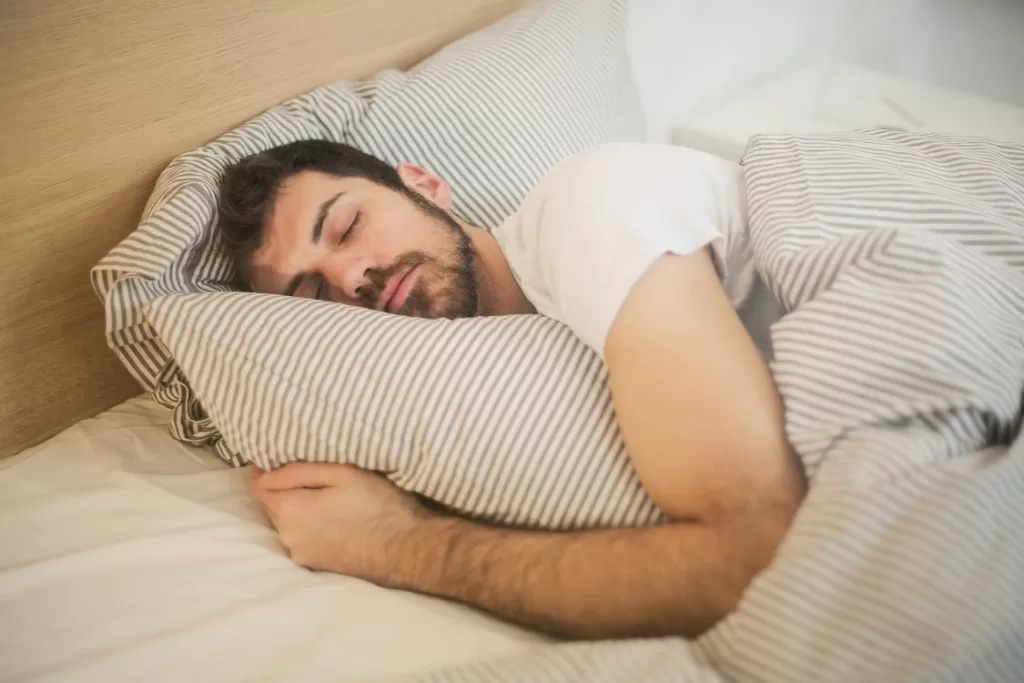
When we are unable to sleep, it can be frustrating. As insomnia grows so does stress and anxiety during the day leading to an increase in sleepiness. Before jumping to supplements and self-diagnosing your sleep woes, educating yourself is important.
According to the Sleep Foundation, magnesium is an essential mineral that helps your cells in the nervous system communicate throughout the body. “Magnesium is a mineral that assists more than 300 enzymes to carry out various chemical reactions in the body,” including:
- Blood glucose control
- Blood pressure regulation
- Energy production
- Glycolysis
- Muscle and nerve function
- Oxidative phosphorylation
- Protein synthesis
The Sleep Foundation found that magnesium is “largely controlled by the nervous system, and experts believe that nutrients like magnesium may play a role in sleep health.” It is important to note that magnesium supplement’s connection to quality sleep is not conclusive. However, research has shown a connection with relaxed muscles and magnesium which should improve sleep.
Magnesium Diet
The Sleep Foundation recommends getting your magnesium naturally through your diet versus supplements. The amount varies based on your body and age. “The National Institutes of Health (NIH) recommends that all females aged 19 to 30 get 310 milligrams of magnesium daily. From age 31 on, the recommended intake is 320 milligrams. These amounts increase if you’re pregnant to 350 milligrams for those aged 19 to 30 and 360 milligrams for those aged 31 to 50.” The highest foods in magnesium to consider adding to your diet include:
- Fish
- Soy milk
- Legumes
- Avocado
- Fortified breakfast cereal
- Green leafy vegetables
- Whole grains
- Pumpkin and chia seeds
- Almonds and cashews
- Yogurt
Per the NIH, magnesium “contributes to key bodily functions such as a normal heart rhythm, muscle and nerve function, blood glucose control, and blood pressure regulation.”
Since studies are inconclusive about the safety in magnesium supplements to aid with sleeping, there are other options that have been studied including vitamin C, vitamin B6, and vitamin B complex.
Other Supplement Options
Though more commonly connected to immune health, a lack of vitamin C can affect your sleep. Healthy bones, teeth, and skin is part of vitamin C’s power to make collagen. By adding strawberries, broccoli, kale, kiwi, and citrus fruits to your diet, you lower your risk for sleep disorders.
Without vitamin C, daytime sleepiness may increase which puts your cardiovascular health in jeopardy. Untreated sleep apnea leads to high blood pressure that spirals to more cardiovascular issues. Circulation can be compromised when properly breathing at night.
For those who enjoy a daily serving of bananas, carrots, potatoes, whole grains, or dairy, vitamin B6 aids in restful sleep to help the daily production of your hormones serotonin and melatonin. With low levels of either, depression and sleep issues can occur increasing your likelihood for sleep apnea.
Connected to improving cognitive performance and maintaining high energy, vitamin B complex can have a positive effect if you are feeling irritable or stressed. Stress can be lowered while elevating your energy when adding B complex to help you focus and sleep through the night.
Before using any type of sleep aid, you should consult your medical provider to find out if the product is right for you. “Fortunately, a large body of research has been conducted regarding both the effectiveness and the minimal side effects of using natural sleep aids to relieve temporary insomnia. However, we don’t yet have evidence of the effects of long-term use of natural sleep aids.
And because natural sleep aids are classified as dietary or herbal supplements, they’re not regulated by the FDA the same way medications are. That means manufacturers are under no obligation to meet safety or effectiveness regulations, or that a word used on one label means the same thing as when it’s used on another.” It is important to stay in the care of a physician to journal your insomnia issues.
You may even need to consider a sleep study to cure long-term insomnia. Our specialists here at Alaska Sleep Clinic are more than experienced in the treatment in all things sleep-related, from insomnia to Obstructive Sleep Apnea. If you live in the Anchorage, Alaska area, then be sure to call today for a free 10-minute consultation.











